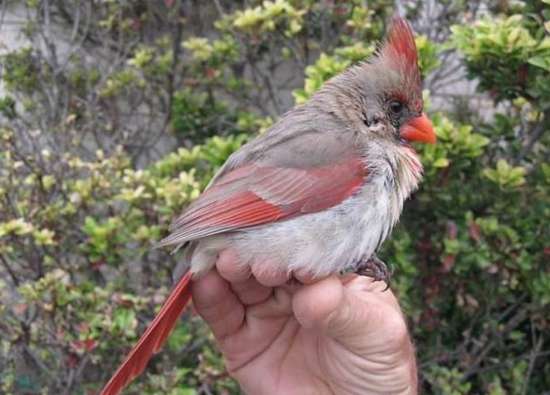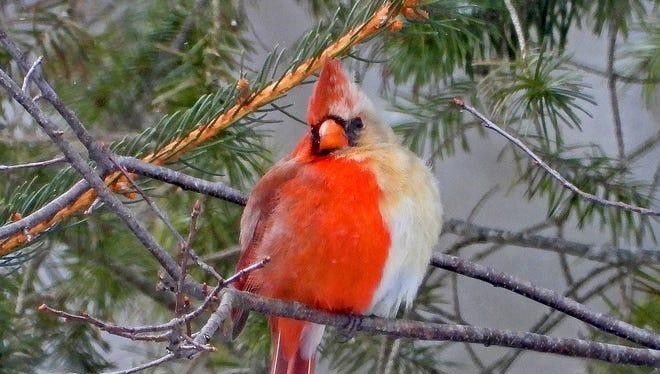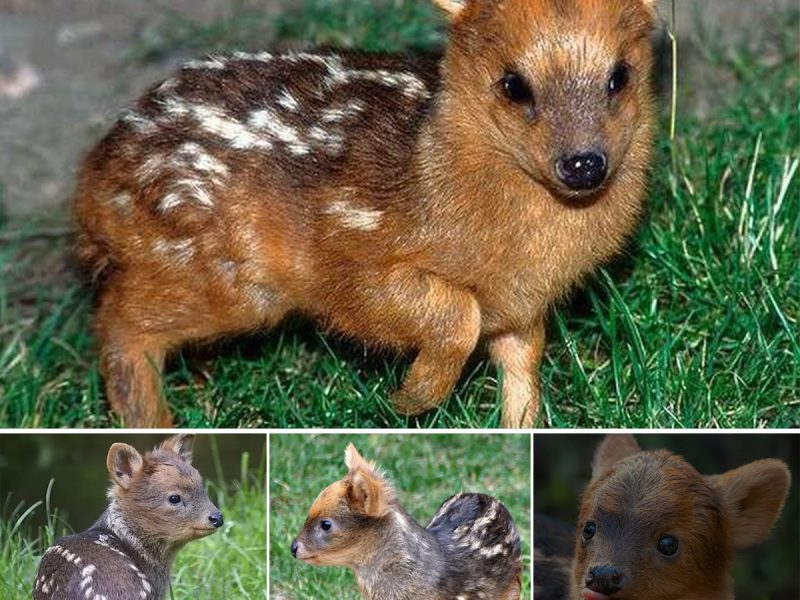A BIRD THAT IS QUITE LITERALLY AS RARE AS A HENS’ TEETH HAS JUST RECENTLY BEEN OBSERVED.
The anomaly this bird has is called ‘bilateral gynandromorphism’, which makes half of the bird’s body male and the other half female, making for a stunning appearance. The bird possessing this anomaly is a half-vermillion, half-turtledove cardinal.

The condition is thought to result from an imbalanced distribution of sex chromosomes in the bird’s early embryonic development.
Photo Courtesy of Inland Bird Banding Association
Ginandromorphs sometimes have both male and female genitals and are more often than not sterile. They are also very rare but far from impossible to find. This phenomenon occurs in birds, insects, and crustaceans.

This is probably a condition that occurs in many species, but not all species have such clear distinctions between the male animal and female animal that is easy to spot.
Photo Courtesy of Inland Bird Banding Association
Cardinals are the most well-known sexually dimorphic birds in North America, so the anomaly is immediately noticeable. What then makes these species so fascinating? Most animals affected by gynandromorphism are sterile, but this specimen may not be because the left side (where the ovary is located in birds) is female.

Photo Courtesy of Inland Bird Banding Association

In profile, it looks like any other bird, but if you look at it from the front, you will see what nature is capable of.

